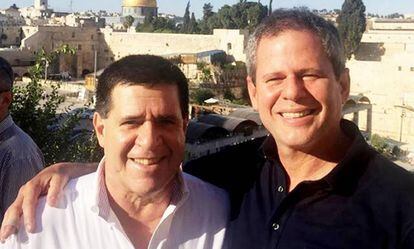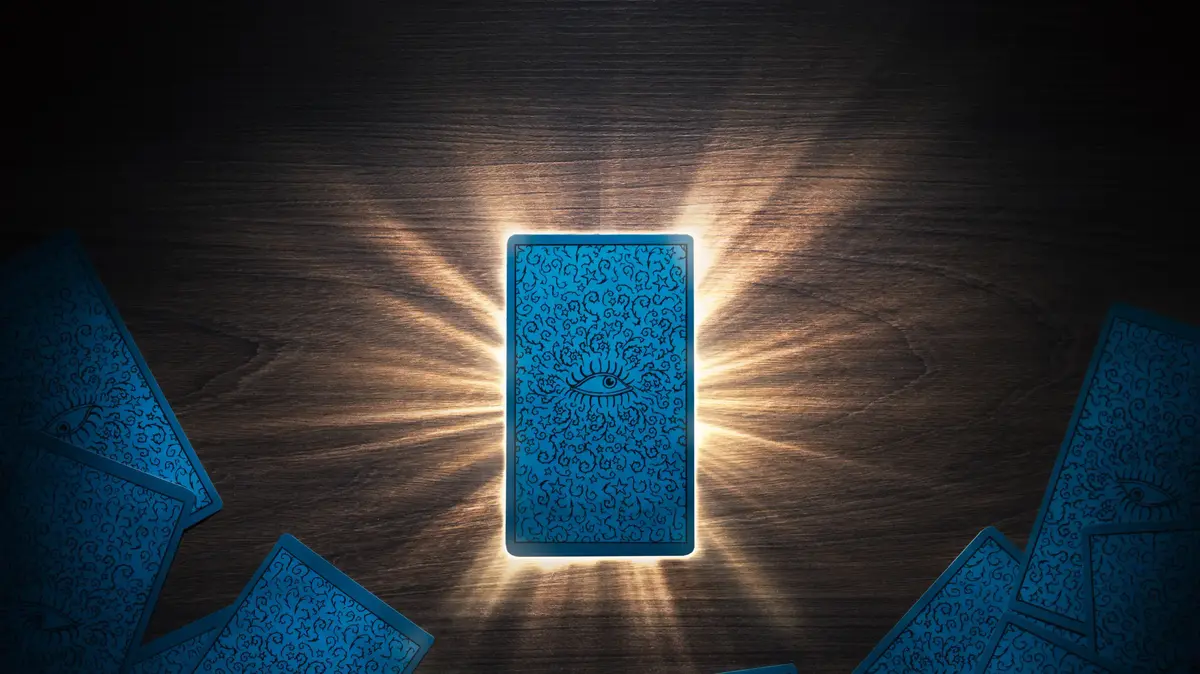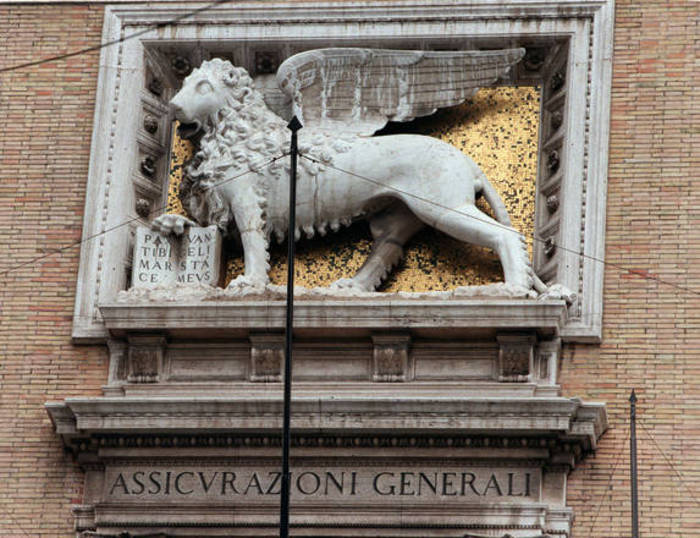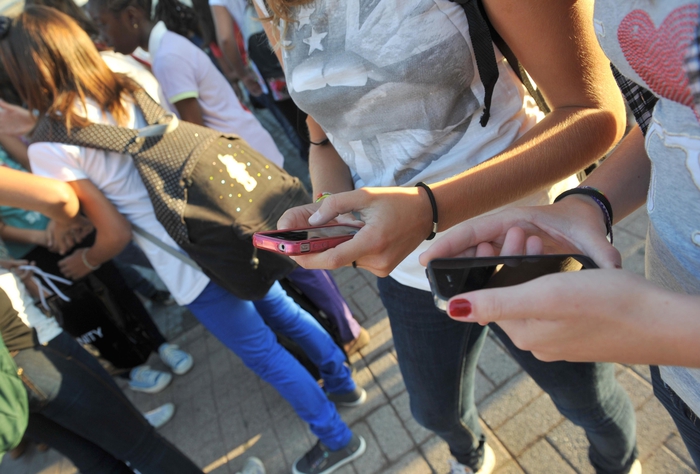Corruption has become a systemic deformation of Latin America.
Due to its extension and its roots, it transcends the moral, penal and economic sphere.
It is a main variable of the political struggle.
The field of battle for power in almost the entire region.
The most strident case is developing in Paraguay.
It is not new that irregularities emerge in that country.
Without going any further, the risk rating agency Moody's raised the Paraguayan economy from the “stable” category to “positive”.
It is the prelude to crowning him with the "investment grade".
However, the agency clarified that this level can only be reached when the administrative culture is regenerated and money laundering is combated.
Economic modernization hits the moral limit.
Even against this long-standing backdrop, the vicissitudes surrounding Horacio Cartes, who presided over Paraguay between 2013 and 2018, are striking. Leader of a powerful faction of the Colorado Party, which is still in power, Cartes was crucified by the Government from the United States.
On July 22, Secretary of State Antony Blinken announced that the US visa of the former president and his adult children had been suspended: Juan Pablo Cartes Montaña, Sofía Cartes Montaña and María Sol Cartes Montaña.
The news was disclosed in Asunción, during a press conference, by the US ambassador Marc Ostfield.
The accused joins a short list, which already included two former presidents in the same conditions: the Ecuadorian Abdala Bucaram and the Honduran Orlando Hernández.
The State Department statement qualifies Cartes as corrupt;
attributes to him obstructing an investigation referred to himself and an unknown "criminal partner";
and accuses him of being linked to transnational terrorist organizations.
Even when the statement refers to "documented relationships" with these networks, the US authorities did not provide any details about the crimes that the former president and his family are accused of.
The former president of Paraguay Horacio Cartes, in a file image. Jorge Saenz (AP)
This lack of information was covered, especially in Asunción, with a hypothesis.
The alleged connections of Cartes with members of Iranian organizations, or protected by Iran, declared terrorist by the US authorities.
This assumption was supported by a recent event.
On June 6, a Boeing plane from the Venezuelan company Emtrasur landed in Buenos Aires.
The aircraft had belonged to the Iranian Mahan Airlines.
On board her were five Iranians and 14 Venezuelans.
The explicit reason for the flight was to transport auto parts from Querétaro, in Mexico, to Córdoba, in Argentina.
The Iranians justified their presence on the need to train Venezuelan professionals in handling the Boeing.
However, the Argentine justice withheld the passports of three Venezuelans and four Iranians, to investigate if they are not related to any terrorist organization.
For example, with the Iranian Revolutionary Force or with Hezbollah, to which the pilot and instructor Gholamreza Ghasemi would be connected.
The insistence with which, from the US intelligence apparatus, it is denounced that the Nicolás Maduro regime protects Hezbollah militants must be remembered.
There is a thread that leads from that Venezuelan-Iranian Boeing to Cartes.
It is the flight that same plane made on May 13, between Paraguay and Aruba, to transport a load of cigarettes from the tobacco company Tabacalera del Este SA, which belongs to the Colorado leader.
This commercial operation served the Vice President of Paraguay, Hugo Velázquez, to associate Cartes with international terrorism.
And René Fernández, the anti-corruption minister, called for a money laundering investigation to be launched.
Cartes is credited with having control of the Paraguayan border for his commercial operations.
From this data, the imputations branch out.
Some attribute him to managing the smuggling to Brazil through the First Capital Command mafia, which dominates the prisons of San Pablo and Paraguay.
Others extend their ties to the triple border of Argentina, Paraguay and Brazil, a region observed by international espionage for decades for the activities carried out there by cells of Islamic fundamentalism.
The relations between Cartes and the criminal plots of Brazil are old.
In 2019, he was even asked to go to prison in that country for his business with Darío Messer, one of the main money changers investigated in the
Lava Jato case
.
The Paraguayan's lawyers managed to have that sanction revoked.
In any case, the former president does not leave the country, for fear of being captured abroad.
The State Department had already prohibited, in 2019, two close associates of Cartes from entering the United States: former senator Óscar González Daher and former state attorney Javier Díaz Verón.
The former president of Paraguay Horacio Cartes with Darío Messer, one of the main moneychangers investigated in the 'Lava Jato' case.
The internal dispute of the Colorado Party is going through this slippery information, referring to a dark character like Cartes.
On December 18 there will be primary elections throughout the country.
In the ruling party they are facing the current president, Mario Abdo Benítez, who sponsors his vice president, Velázquez, as a candidate.
Facing them is Cartes and his godson, former Economy Minister Santiago Peña.
The presidential succession will be decided in the elections on April 30 next year.
The red war moves to Congress.
There, the deputies aligned with Abdo will try, for the umpteenth time, to initiate a political trial against the attorney general Sandra Quiñonez.
She reproaches him for not investigating the crimes attributed to Cartes.
Predictably, Cartes' legislators are blocking her removal from office.
The former Paraguayan president has become a toxic asset on a regional scale.
Last Saturday he arrived at his house, on a lightning flight, Andrónico Luksic.
He is one of the most powerful businessmen in Chile, owner of one of the largest fortunes on the planet.
Luskic took Asunción surrounded by a retinue.
He locked himself in the Cartes mansion, a walled chalet in the Carmelites neighborhood, interested in learning about the accusations from the United States that led to the suspension of the visa.
Luksic is a partner of Cartes in the gas and beverage distribution business in Paraguay.
The other regional figure who is unsettled by the gloomy vicissitudes of this controversial Paraguayan is Mauricio Macri, who governed Argentina at the same time.
Kirchnerism, a staunch enemy of Macri, is using Cartes' fall from grace to disqualify him.
The magnifying glass is focused on a visit that Macri made to Cartes, on the businessman's plane, during the pandemic, when there were restrictions on these movements.
Blinken's withering accusation against the Paraguayan leader also raises a geopolitical question mark.
Paraguay maintains a historic friendship with Taiwan, which becomes relevant in the context of the great rivalry between Washington and Beijing.
The country is also the one chosen for the plans of the Southern Command to establish a military base in South America.
It would be deployed in the town of Mariscal Estigarribia.
Cartes is one among many.
In Brazil, Lula da Silva was able to run again because the Federal Supreme Court annulled the cases that had put him behind bars for procedural inaccuracies.
It is impossible to know if, four years ago, Jair Bolsonaro became president thanks to that seclusion that left his rival out of the race.
The judge who arrested Lula, Sergio Moro, was the victor's Minister of Justice.
He is now running for a seat in the Senate.
In Buenos Aires, an oral court judges Cristina Kirchner for manipulations in the public works system.
She is paying a bill that, to some extent, is alien to her: that of the irregularities committed by her deceased husband, former President Néstor Kirchner, in the management of State contracts.
The prosecutor who has her cornered spends long hours listing accusations in front of the TV channels.
She challenged him because photos of that official and one of the court judges appeared, fraternizing in soccer games at the home of Macri, the defendant's main rival.
It seems to be the same judicial saga.
Countries change.
Names change.
Latin American public life takes place in the courts.
Curing this plague has become more urgent, because it is one of the roots of the instability of democracy in the region.
subscribe here
to the
newsletter
of EL PAÍS México and receive all the informative keys of the current affairs of this country
50% off
Subscribe to continue reading
read without limits
Keep reading
I'm already a subscriber









